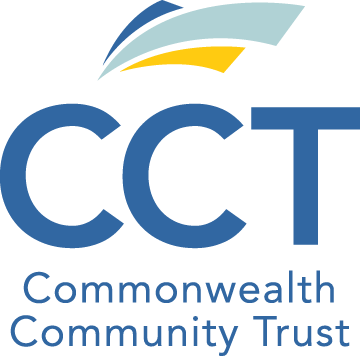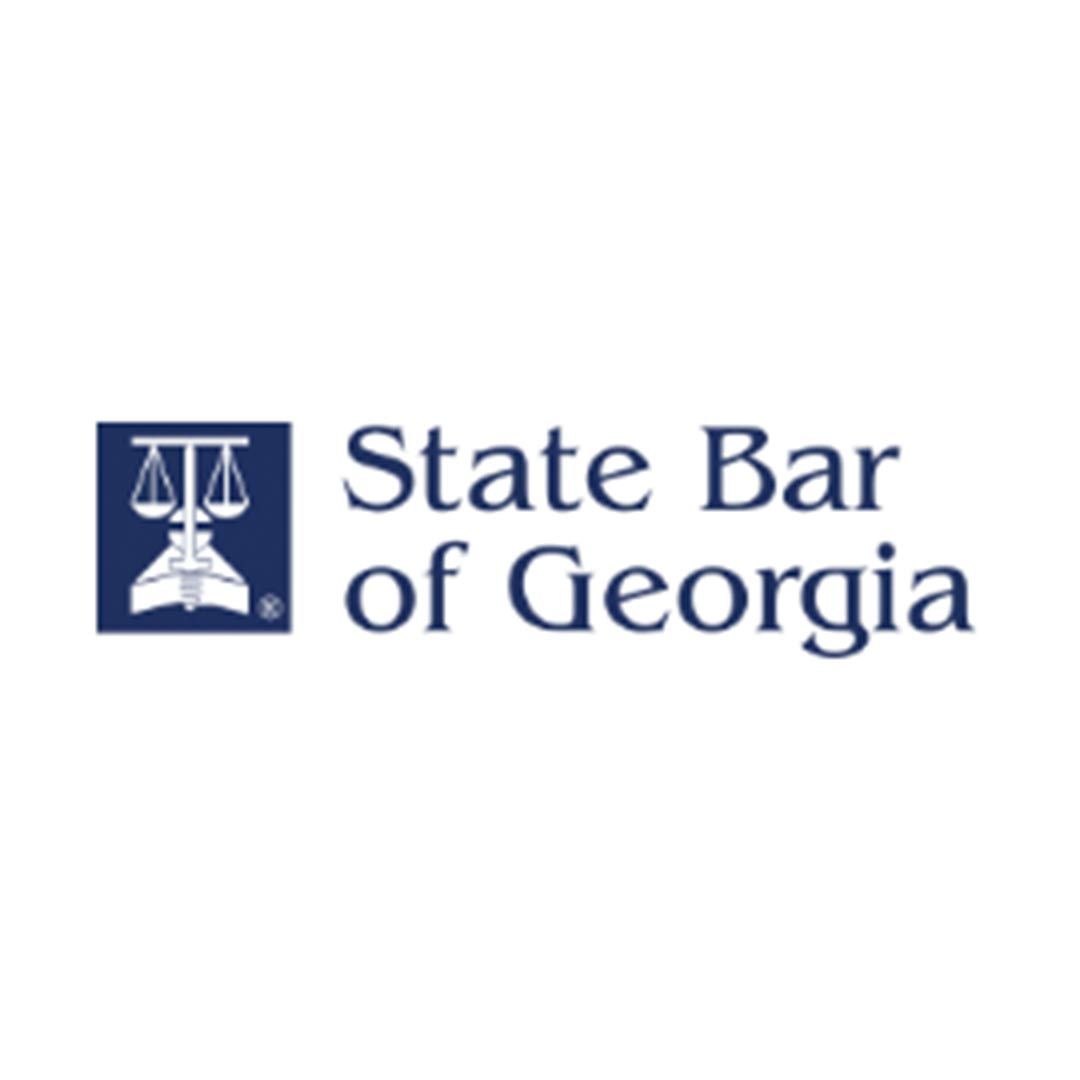Evaluating Pooled Trusts in 2024
By M. Benjamin Tiefenback, Esq. Counsel & Director of Client Services.
Pooled special needs trusts (PSNTs) are a unique and valuable tool for holding first-party or third-party funds for a client. They can hold multi-million-dollar accounts down to accounts small enough that a for-profit trustee typically would not accept. The focus of this article is to help you, as an attorney, evaluate PSNTs as both a nonprofit organization and a corporate trustee so that you have confidence in recommending them to your clients. Generally speaking, you want to find a PSNT that will protect your clients, provide quality services, and adhere to the best practices in PSNT administration.1
There are many exceptional individuals who work in the PSNT industry that I am proud to be associated with.2 Unfortunately, in recent years, we have witnessed bankruptcy, SEC actions, lawsuits, PSNTs closing their doors, and new PSNTs beginning operation. Cases of misbehavior are rare, but there have been instances of PSNTs embezzling client funds.3 While these events affect a small percentage of PSNTs, they naturally raise serious concerns. As professionals we want to be prepared, to have done our due diligence, and to know that when we recommend a PSNT we can do so with confidence.
PSNTs are unique in the world of trusts in that they have numerous beneficiaries, all governed by a single master trust agreement, and must be managed by a nonprofit organization, with all of the unique requirements of nonprofit administration.4 So, PSNTs should be evaluated both as you would evaluate any other trust, and as a nonprofit organization. It is a good practice to offer three PSNT recommendations to serve as a starting point for your client to do their own research. These guidelines can assist you in selecting PSNTs to recommend.
Evaluating a Pooled Trust as a Nonprofit Organization
As in any business, there are bad actors in the nonprofit world. When working with a nonprofit organization, including PSNTs, it is important to understand the structure and the safeguards needed to avoid exploitation and scandal. The good news is that by law, tax-exempt organizations must make certain financial information public. Under 26 U.S.C. § 6033, every nonprofit must file a Form 990 with the IRS annually, and 26 U.S.C. § 6104 requires that those forms be made available for public inspection. Form 990 contains a wealth of information about a nonprofit’s finances. For example, you can see how much it spends on fundraising and executive salaries compared to its actual charitable programs. Additionally, websites such as CharityNavigator offer independent evaluations of nonprofits.
However, this doesn’t necessarily tell you the full story because falsified records have been at the heart of some notable PSNT fraud scandals. So, what else can a discerning attorney look at when trying to find a PSNT they can rely on to honestly, openly, and reliably administer a trust account for a client? The fundamental underlying issue is the presence of checks and balances. If a board member, officer, or employee has bad intentions, does the PSNT have policies and procedures in place to maximize the chance that person will be detected and called to account.
Questions to ask when evaluating a PSNT as a nonprofit organization include:
1. Who is on the board of directors?
Look for a genuinely independent board of directors. Members of the board should be free of conflicts of interest, and the PSNT should be open about this information. Do they submit regular conflict of interest disclosures? Are there multiple CPAs and investment professionals serving on the board to oversee the organization’s investments, and to review and approve the organization’s Form 990 and other financial records (such as monthly financial reconciliations and investment policy statements) both for the organization and for the trusts? Information about the board should be publicly available for you to learn their professions and credentials and to ensure that they are truly independent and do not financially benefit from the PSNT. You should be able to learn what committees exist within the board, how often the board meets, the tenure of board members, and the bylaws. A PSNT that is dedicated to transparency will have no need to conceal any of this information.
2. Is the PSNT transparent about finances?
This goes beyond the mandatory reporting required of all nonprofits, such as posting a Form 990. A PSNT that has a legitimate commitment to transparency will be open to answering probing questions about their finances. Is the PSNT’s fee schedule readily available? How often does the PSNT send statements to its beneficiaries? The gold standard would be a minimum of quarterly statements, with regular online access to account information.
Evaluating a PSNT as a Corporate Trustee
Here are some helpful things to review and questions to ask:
1. Review the joinder agreement and master trust agreement.
This is the basic due diligence in evaluating any trust, pooled or not. It would be impossible to fully develop the topic of how to evaluate a legal document as complex as a master trust agreement in this brief article, but these documents should be readily available for the public to review — ideally posted publicly, but at least available on request. Different PSNTs offer different levels of flexibility in their joinder agreements, and you should look for one that fits your client’s needs.
2. How does the PSNT safeguard against exploitation?
In addition to an independent board of directors, PSNTs can implement numerous policies to ensure that bad actors are unable to exploit beneficiaries. These policies should be readily available and clearly communicated, either through a website or other publication, or on request. Does the PSNT protect whistleblowers? How many people review transfers of funds? Are there multiple eyes on every flow of money in and out of the trust? Best practices suggest that a PSNT should have at least two different people reviewing every distribution after the initial request. As an example, an organization might have one person open the mail, a second person enter the information into a database, and then a first approver and second approver review the distribution — with the final approver unable to make changes to the amount, payee, and other key information.
Additionally, every PSNT should have regular outside audits of their financial operations, their internal procedures, their electronic security, and the management of their investments. Ask the PSNT how often they are audited and by who — this information should not be secret. For example, financial audits should be conducted by a reputable CPA firm.
3. What are the staff’s qualifications?
This information should be available, either posted on the PSNT’s website or on request. Do the staff have relevant education and training? Backgrounds in fields directly relevant to special needs trust administration are a positive indicator. Inquire as to the PSNT’s hiring processes, particularly whether criminal background checks are conducted. Section 19 of the Federal Deposit Insurance Act prohibits persons convicted of a “criminal offense involving dishonesty” from owning or participating in the operations of a bank.5 The nonprofits that administer PSNTs do not fall under these laws, but best practices demand that PSNTs use similar vigilance in hiring.
4. Is the website easy to navigate and are the policies and procedures readily available?
With any trust arrangement, transparency is critical, and in the 21st century it requires a clear, informative, and easy-to-use website. Easy access to important documents like a fee schedule, disbursement policy manual, or master trust agreement is a sign of a general culture of transparency. Critical information should be easy to find. In particular, best practices suggest that the PSNT should have a written investment policy, both made available upon account creation and easily available to the public. Inquire as to how frequently this policy is reviewed — every PSNT should have their investment policy reviewed by investment advisors at least annually.
5. What is the remainder policy after the beneficiary passes away?
A best practice is to evaluate how the PSNT uses its remainder funds. Federal law and the laws of many states allow a PSNT to retain part or all of the remainder of a trust after the beneficiary’s death to advance their charitable purposes. You should review how much of the remainder is allocated to operations, special projects, or for marketing purposes. PSNTs have varied policies on this, so you should carefully consider what will happen to trust funds after the beneficiary passes away.
Conclusion
In the wake of a recent PSNT scandal, attorneys have a critical role in vetting PSNTs for our clients. In evaluating PSNTs, the details are important, but it’s also important to keep your focus on what those details are telling you. When building your list of preferred PSNT providers, the fundamental question you are asking is, “To the best of my knowledge, will this organization honestly, competently, and compassionately safeguard my client’s money?” And, to assure that you are making sound recommendations, your PSNT provider list should be subject to at least an annual review of the PSNT filings, website, joinder agreement and master trust agreement, and feedback from your peers about their experiences.
1 There are guidelines, but not laws, regarding the best practices for PSNT administration. See e.g. Stephen Dale et al., Life Passages PSNT Best Practices Guidelines, Stetson University College of Law (revised 2020), https://www.stetson.edu/law/academics/elder/home/media/Best_Practices_Guidelines_Final_42022.pdf (accessed Oct. 17, 2024).
2 The author is Counsel and Director of Client Services at Commonwealth Community Trust, a nonprofit pooled trust administrator.
Published in NAELA News, Volume 36 Issue 4, Oct, Nov, Dec 2024.




